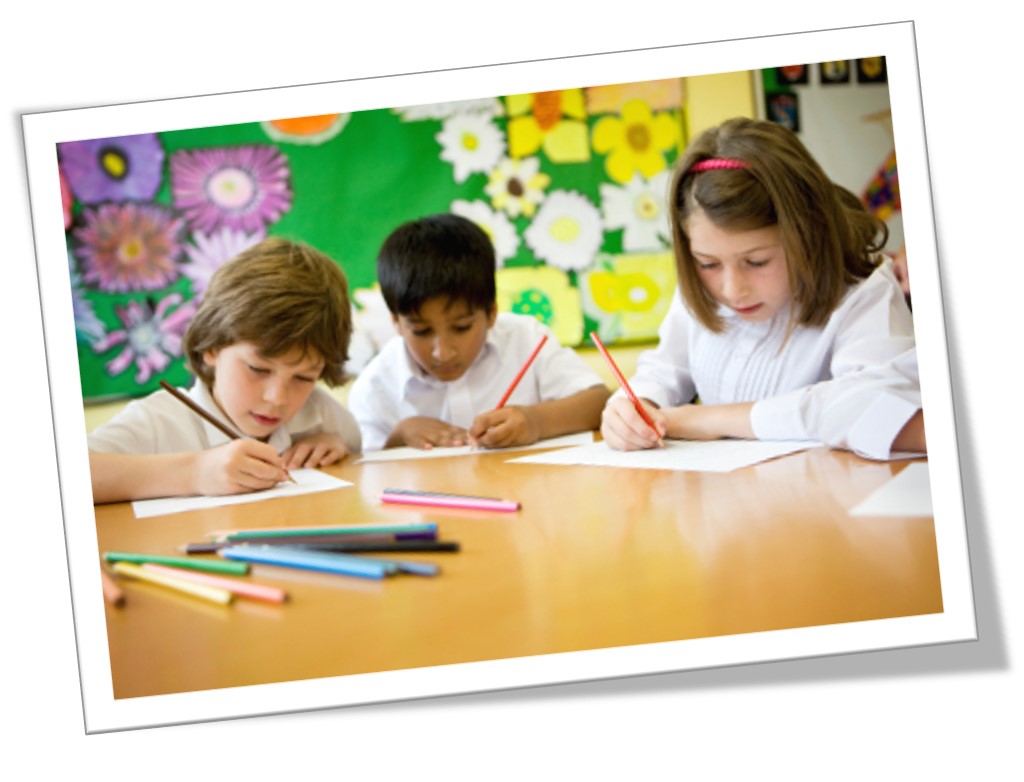The main aim of the “CLIL for Young European Citizens” (CLIL4YEC) Project is to promote the use of Content and Language Integrated Learning (CLIL) in Primary School, in order to develop European citizenship, Environment Preservation, Basic Financial Education, three relevant issues for a better european integration and wellness. In this project, CLIL moves a step forward, from integration of language learning and curricular subjects to cross-curricular and intercultural education for European Citizenship and the development of key competences and basic skills. There are broad, universally relevant topics that are closely tied to the intercultural dimension. In this field CLIL can open up new possibilities for Primary Education, e.g. virtual exchanges and on line peer-to-peer collaboration across countries and cultural spaces, monitored by teachers and families.

CLIL4YEC is deeply linked to the enhancement of digital skills. In fact the project will: i) enable teachers to find, share, and reuse Open Educational Resources using a dedicated original online OER repository concerning European citizenship, Environment Preservation, Basic Financial Education; ii) help teachers to adopt innovative practices – designing original lesson plans – that will involve both schoolchildren and parents in the learning process.
Several analyses underline that CLIL leads to greater intercultural awareness (Coyle, D., Hood, P., and Marsh, D. 2010, CLIL, Cambridge, CUP; Coyle, D. Holmes. B. and King, L. 2009, Towards an integrated curriculum: CLIL national statement and guidelines, London, The Languages Company.) and is “a tool to explore and construct meaning” in a “a meaningful context”. With CLIL “learners can engage in deeper learning about themselves and others, and, at the same time, experience the process from the perspective of their counterparts” (Ena Harrop, Content and Language Integrated Learning (CLIL): Limitations and possibilities, Encuentro, 21, 2012; Coffey, S. 2005 Content-based learning, in Cerezal, F. (ed.) De la Práctica a la Teoría: Reflexiones sobre la enseñanza y el aprendizaje de inglés. pp.49-62. Alcalá de Henares: Universidad de Alcalá).
CLIL4YEC adopts CLIL to support and enhance cross-curricular education on three topics linked to each other and correlated with wellness and growing in the EU: educate schoolchildren to become European Citizens, help them become aware of the main Environmental issues (using a an international language to describe enviromental issues: it is not irrilevant that Greta Thunberg is a Swedish young girl using english to promote her ideas), and develop basic financial skills (important to make schoolchildren aware of the elements necessary to create and produce work).
To reach its goal, the project produces 7 “products” (i.e. Intellectual Outputs) in direct connection with European priorities (Promoting a comprehensive approach to language teaching and learning; Open education and innovative practices in a digital era; Supporting individuals in acquiring and developing basic skills and key competences):
The project’s target groups
The target of the CLIL4YEC project are:
- Primary School’s Teachers;
- Primary Schools;
- Primary School’s Pupils;
- Parents & Families of Primary School’s Pupils;
- Trainers of Primary School’s Teachers;
- Universities
- Language Schools and other organization that specialize in training Primary School’s Teachers.
The project has been defined by the already established partnership between Applicant Organisation and 7 organisations that participated to the previous Erasmus+ Project “CLIL for Children” (2015-2018), 2 new partners from Spain (a country where CLIL has been used since a long time). The partners are representative of both primary and tertiary education in four countries (IT, PT, RO, ES).